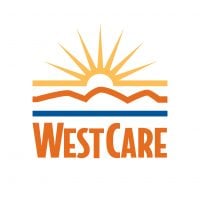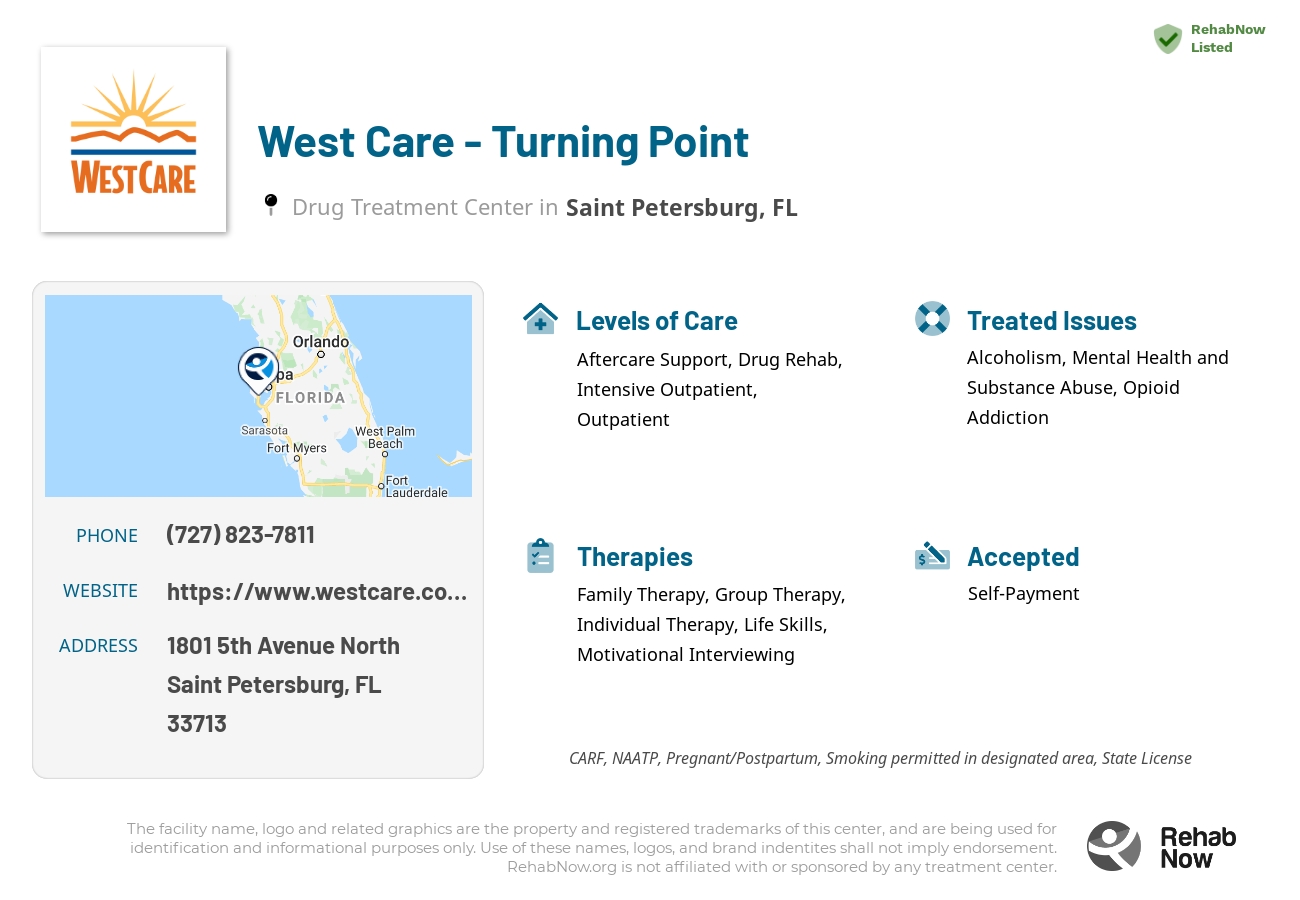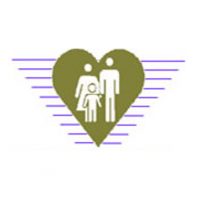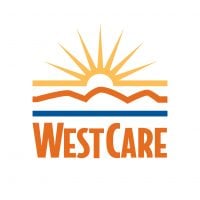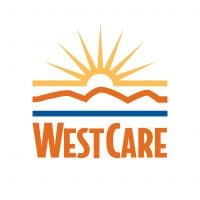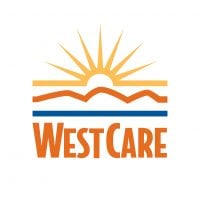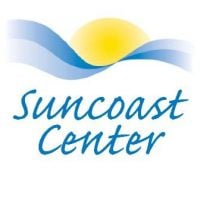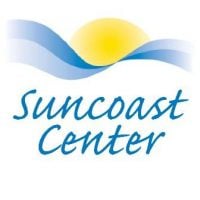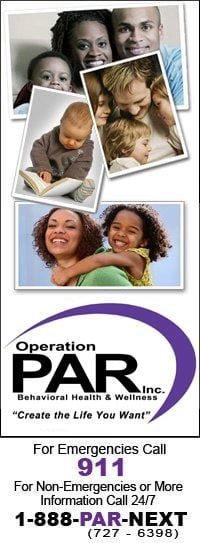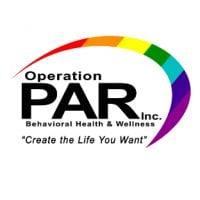West Care - Turning Point
Drug Rehab Center in Saint Petersburg, Florida
West Care - Turning Point is an addiction treatment facility in Saint Petersburg, Florida that provides evidence-based treatments such as cognitive behavior therapy (CBT), dialectical behavior therapy (DBT), trauma-informed therapy, group counseling sessions, support groups, activities and detoxification programs to help individuals achieve sobriety and build life skills for long-term recovery.
About West Care - Turning Point in Florida
West Care - Turning Point is an Addiction Treatment Facility located in Saint Petersburg, Florida and is designed to help people suffering from a variety of addictions, such as alcoholism, substance abuse, dual diagnosis, drug addiction, mental health issues and opioid addiction. The facility offers a variety of levels of care to meet the needs of its patients. These include aftercare support, drug rehab, intensive outpatient services, outpatient services, inpatient care, detoxification programs, intervention services and residential programs for those with dual-diagnosis. Additionally, the facility is accredited by LegitScript and Joint Commission on Accreditation of Healthcare Organizations (JCAHO) and accepts private health insurance.
At West Care - Turning Point individuals can expect to find evidence-based treatment approaches tailored to meet their unique needs along their journey to recovery. This could include therapies such as cognitive behavior therapy (CBT), dialectical behavior therapy (DBT), trauma-informed therapy or other individual and group therapies that may be beneficial for each patient's recovery path. In addition to psychotherapy sessions and group counseling sessions, the facility also provides support groups and activities designed to promote development skills that can be used during recovery.
When it comes to detoxing from drugs or alcohol the staff at West Care - Turning Point provide a safe and supervised environment where individuals are closely monitored throughout their withdrawal symptoms so they can begin working towards achieving sobriety in a safe manner. Medical professionals will design individualized programs to help stabilize patients while they progress through their own unique treatment plan. Withdrawal symptoms are often managed through medications when necessary in order to minimize any discomfort or pain associated with this process.
The team at West Care - Turning Point also provides aftercare support which includes relapse prevention planning and continued access to clinicians who can provide additional resources available for those needing more assistance on their road back to sobriety even after leaving the care of the facility itself . Through educational programming centered around developing life skills residents are encouraged to build upon important habits that will lead them towards successful long-term recovery from addiction while allowing them access back into society with a newfound sense of self worth and independence.
Genders
Ages
Modality
Additional
Accreditations

LegitScript

JCAHO
Conditions and Issues Treated
Substance abuse is the excessive use of any drug. This includes alcohol, medications, and illegal drugs. Substance abuse is treated with a combination of physical and mental treatments. Patients detox and follow up with therapies that target the underlying cause of the addiction. Substance abuse is a severe problem that can be successfully treated with a variety of therapies. West Care - Turning Point treatment uses a combination of therapies along with other resources to overcome substance abuse.
Opioid addiction treatment should be done in a medically supervised drug rehab. While taking opioids, users will typically use other substances to enhance the effects of opioids or to reduce the adverse effects of opioid use. Opioid addiction treatment will include detoxification and drug rehab counseling to help both the user and their loved ones learn how to live a successful sober lifestyle.
Treatments such as methadone, buprenorphine, and naltrexone are three medications that can help treat opioid addiction. These drugs work on the brain’s pleasure center and reduce cravings and the effects of illicit opioids such as heroin. These drugs can be either given orally or by injection. Individual drug rehab counseling sessions can be helpful to discuss any questions or concerns with the drug treatment program. This counseling will also help the user set goals for when they finish drug rehab.
Opioid addiction recovery is a long process. Many of the changes to the brain caused by opioid use cannot be undone, but with time and the proper treatment, a person can return to normal function. After detox, treatment will include drug rehab counseling and entering a halfway house or sober living community. Aftercare is critical to long-term recovery, as it helps the user avoid relapsing and entering back into drug rehab.
Levels of Care Offered
This center offers a variety of custom treatment tailored to individual recovery. Currently available are Aftercare Support, Detox, Drug Rehab, Dual-Diagnosis, Inpatient, Intensive Outpatient, Intervention, Outpatient, Residential, with additional therapies available as listed below.
An addict may have to go through alcohol or drug withdrawal. While detox may be uncomfortable, it is not life-threatening. Detoxification allows the addict to rid the body of all traces of drugs or alcohol and gives the addict a clean slate for their recovery. In an inpatient or outpatient setting, detox can be managed medically.
Inpatient treatment for alcoholism or drug addiction is an option that provides the addict with a supportive environment in which they can stop using. This type of treatment is appropriate for addicts that are most in need of intensive care and supervision. This includes those who were unable to quit on their own, those who need more structure than they can get in outpatient treatment.
Intensive outpatient treatment is a type of comprehensive addiction care. Unlike conventional residential treatment programs, the patients live at home during the recovery process. This means that one can continue working and caring for their families. These also allow people to keep pursuing their studies while also working on their sobriety.
Outpatient treatment can help one transition to normal life from the round-the-clock supervision and treatment available during inpatient treatment. It is an excellent tool to ensure long-term recovery. However, it is essential to note that intensive outpatient treatment in itself does not remove patients from the real-world setting. This means there’s always a higher risk of coming across environmental triggers. To further prevent relapse, an outpatient treatment center should be able to provide ongoing support services.
Once the patient is enrolled in an intensive outpatient treatment program, they will be expected to attend therapy and group meetings daily for a stipulated period. The frequency and duration of each session will depend on the patient’s needs and level of addiction. This can help curb the habit and deal with underlying issues that led to it. Most of these professional treatments are designed to allow patients to structure their daily schedules in a way that is conducive to recovery.
“Outpatient treatment is ideal for those who have a lower intensity addiction. It’s also suitable for those with a supportive environment and those on a tight budget.
Outpatient treatment can be considered the lowest intensity level of addiction treatment. It is ideal for early phase addiction or lower intensity addictions. It may involve weekly sessions instead of daily. Peer group support, 12-step programs, and individual counseling may still be used and anti-addiction medication.
Residential treatment programs are those that offer housing and meals in addition to substance abuse treatment. Rehab facilities that offer residential treatment allow patients to focus solely on recovery, in an environment totally separate from their lives. Some rehab centers specialize in short-term residential treatment (a few days to a week or two), while others solely provide treatment on a long-term basis (several weeks to months). Some offer both, and tailor treatment to the patient’s individual requirements.
Drug rehab intervention aims to make sure patients understand the risks of their addiction and possible outcomes. They must learn how their addiction affects those around them and allow a therapy session to help move past the physical symptoms. They often include psychotherapy or behavioral therapy, group therapy, family counseling, and peer support.
Aftercare support is vital to those who have completed a drug or alcohol treatment program. This support comes in individual and family counseling, treatment of psychiatric and other medical conditions, and medications to reduce cravings. It helps recovering addicts adjust to normal day-to-day activities and can last for a year or longer.
The majority of drug and alcohol addicts who receive aftercare treatment do not relapse. It is estimated that without aftercare, the relapse rate will be between 70 to 90 percent for most people. Aftercare is the final stage in addiction recovery, but it will also help maintain sobriety if relapse does occur.
Therapies & Programs
No single treatment works for all addicts; therefore, the goal of treatment and therapy should be to find what works best for each individual. Some people requiring addiction treatment may only need a few weeks of inpatient care. Others will require long-term residential care. Tolerance and withdrawal levels vary from person to person and thus affect the intensity of the treatment needed.
If an individualized approach to treatment and therapy is not offered, addicts may fail to reap benefits from their efforts. Professionals must customize plans according to their patient’s needs, limitations, and strengths. The goal of all forms of addiction treatment should be for addicts to find healthy ways to cope with their addiction and its underlying causes.
The therapies usually include siblings, children, and parents who are involved in their daily lives. These sessions are vital because they address past issues that may have hampered an addict’s or alcoholic’s recovery and provide support at a crucial time!
One of the most critical aspects of family therapy is helping addicts’ loved ones see their situation in a new light. It’s also one of the most challenging things a family can do when a loved one struggles with addiction or alcoholism.
Group therapy is held in a safe, controlled setting where patients can feel comfortable sharing their struggles and gaining perspective through shared conversations. It takes place in a group rather than one on one to prevent feelings of isolation or being unique in their situation while creating an environment for addicts at West Care - Turning Point to develop fellowship, accountability, and support. Group therapy is an important tool in recovery that prevents cravings that prompt a return to active addiction.
This type of therapy involves the use of a variety of therapeutic techniques to help addicts recover from past traumas that might have triggered their substance abuse. During these sessions, therapists will work with the addict to address painful memories and learn how to cope effectively with stressors as they arise.
During these types of sessions, therapists will typically focus on three main goals:
- Identifying and expressing painful emotions associated with past traumas.
- Reducing the effects of stress on an addict’s life by developing more effective coping mechanisms.
- Developing healthy ways of thinking about stressful situations that can help addicts avoid substance abuse issues in the future.
This type of therapy is typically used in conjunction with other types of addiction treatment services. By identifying and dealing with the root cause of addiction, most addicts can overcome their cravings and prevent relapse once they leave rehab.
Many different types of addiction treatment services exist to help addicts safely get sober, but it’s important for recovering individuals to find a therapist or support group that will help them address the root cause of their addiction.
Dialectical Behavior Therapy is a form of Cognitive Behavioral Therapy that helps patients understand the relationship between their thoughts, feelings, and behaviors. It is beneficial for those whose addictions and behaviors stem from severe mental health issues. It aims to help the patient achieve their goals and identify how they can enhance their lives.
Life skills training is beneficial for addicts in recovery because it helps them learn how to take care of themselves and improve their quality of life, which can promote feelings of purpose and motivation.
This type of treatment works by teaching individuals life-enhancing skills that support positive living, including:
- Healthy lifestyle habits
- Skills to effectively manage stress
- Effective communication skills to help them get their needs met without turning to drugs or alcohol
- Money management and budgeting skills so they can continue to take care of themselves after treatment ends.
Payment Options Accepted
For specific insurance or payment methods please contact us.
Is your insurance accepted?
Ask an expert, call (888) 674-0062
WestCare GulfCoast Associated Centers
Discover treatment facilities under the same provider.
- WestCare - GulfCoast - Davis Bradley CIC in St. Petersburg, FL
- WestCare - New Port Richey in New Port Richey, FL
- WestCare Village South - Pembroke Pines in Pembroke Pines, FL
- WestCare - Village South - Flagler Street in Miami, FL
- WestCare GulfCoast - Zephyrhills in Zephyrhills, FL
Learn More About WestCare GulfCoast Centers
Additional Details
Specifics, location, and helpful extra information.
Saint Petersburg, Florida 33713 Phone Number(727) 823-7811 Meta DetailsUpdated November 25, 2023
Staff Verified
Is West Care – Turning Point a LegitScript Verified Treatment Facility?
According to our most recent records, we have found this center to be LegitScript verified.
West Care - Turning Point Patient Reviews
There are no reviews yet. Be the first one to write one.
Saint Petersburg, Florida Addiction Information
Florida is one of the nation's epicenters for substance abuse and drug-related overdoses. In 2014, around 410,000 Florida residents were addicted to drugs and alcohol. Over the last 10 years, 12% of all deaths in the state were attributed to substance abuse. Treatment admissions for alcohol reached 24,329 patients in 2016, and 2.5% of Florida high school students admitted to using crack cocaine.
In Saint Petersburg, Florida, 15% of the population has substance abuse problems. That translates to 1 out of every 7 people struggling with addiction. The age group most at risk for developing an addiction are young adults aged 18-25. Drugs are responsible for many crimes in Saint Petersburg, and they are also a major factor in accidents and health problems.
Treatment in Nearby Cities
- Venice, FL (48.5 mi.)
- Lake Mary, FL (106.2 mi.)
- Lutz, FL (28.5 mi.)
- Satellite Beach, FL (129.3 mi.)
- Port Orange, FL (138.1 mi.)
Centers near West Care - Turning Point
The facility name, logo and brand are the property and registered trademarks of West Care - Turning Point, and are being used for identification and informational purposes only. Use of these names, logos and brands shall not imply endorsement. RehabNow.org is not affiliated with or sponsored by West Care - Turning Point.
